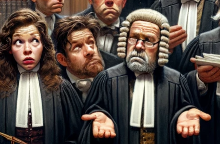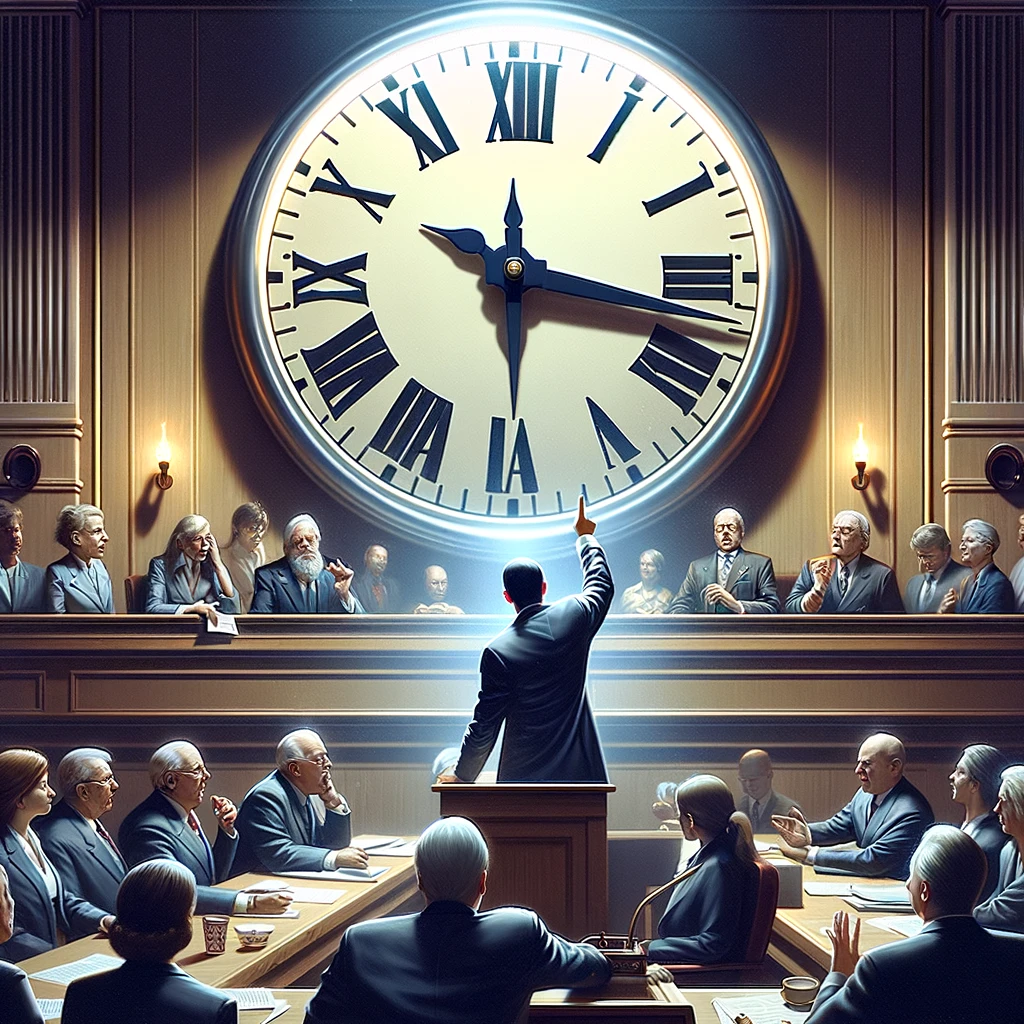 In a dispute about whether a property owner’s operation of a poker club violated City of Dallas ordinances, the Fifth Court found sufficient evidence to justify a tempoary injunction under one statute (that didn’t require proof of immediate, irrepable injury), and thus held:
In a dispute about whether a property owner’s operation of a poker club violated City of Dallas ordinances, the Fifth Court found sufficient evidence to justify a tempoary injunction under one statute (that didn’t require proof of immediate, irrepable injury), and thus held:
Here, we must uphold the trial court’s decision to grant the temporary injunction on any legal theory supported by the record. Because the City pleaded and proved facts to show it was entitled to injunctive relief under section 211.112(c), any error by the trial court in also granting relief pursuant to sections 54.016 and 54.018 is harmless.
Badger Tavern LP v. City of Dallas, No. 23-496 (March 29, 2024) (mem. op.).







